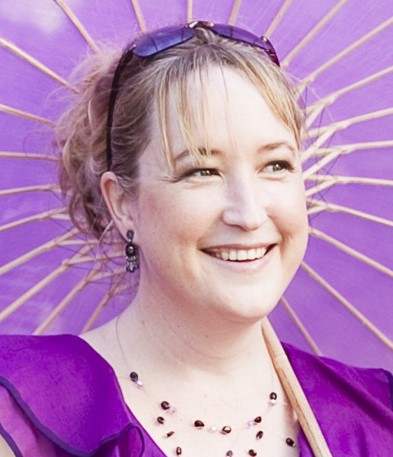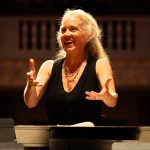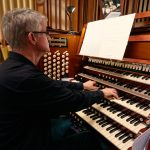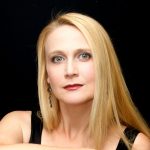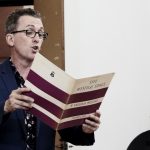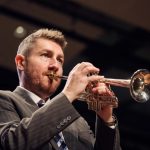Dr Stephanie Johnson
Paediatric Endocrinologist, Lady Cilento Children’s Hospital, South Brisbane
Visiting fellow, Queensland University of Technology
In your work as a medical specialist, what’s it been like since COVID-19 began?
I have to confess that I have been somewhat protected, not working on the front line. I do worry about all my friends and colleagues, especially those in emergency or those interstate and overseas. I am incredibly grateful to be in Queensland at the moment and for the efforts the community put in in those first few months. While we can’t relax, we can feel a little more comfortable coming to work each day.
Most of my work is in the outpatient department and I’m amazed how quickly we all adapted to the new-normal; using technology or social distancing and doing all we can to limit the number of people coming into the hospital. However, even taking all the precautions you can, the risk of Covid19 is always in the back of your mind as well as the risk of bringing it home to friends and family.
As a choral singer who’s also involved in the medical profession, how do you see choirs moving forward into the future in a way that’s safe for both members and audience?
I wish I had an answer to this one. Singing is always going to be high-risk. This virus may be around for a while and while we need to be ever-vigilant, at some point in time we have to accept there will be risk. Each of us will need to decide how much risk we can accept given our own circumstances.
What made you first fall in love with choral music?
I have always loved music. It has always been a big part of my life. I have played or attempted to play dozens of instruments over the years. I have to confess I don’t listen to a lot of choral music. But I love singing and I love the communal nature of choirs, and the friendships you form within the choir.
Out of all the local choirs, why did you want to be part of Brisbane Chorale?
If I am honest, the first thing that attracted me was the Wednesday night rehearsals and the fact I was free that night! But I then saw the choir perform at the Dr Who Symphonic Spectacular and did a bit more research. The main draw-card was quality of the music and the choice of repertoire.
What’s your favourite choral performance that you’ve been a part of and why?
In 2005 I moved to London for a year and wasn’t involved in any regular music for the first time in a while. I stumbled on a scratch concert at Royal Albert Hall singing the Mozart Requiem with Sir David Willcocks. It is the most sublime music, in the most spectacular and historic setting and the perfect cure for any home-sickness.
What work or works do you never tire of performing?
How can you go past a Messiah?? You can find a new gem in it every time you perform. It can bring such joy, with moments of incredible serenity and can always lift the spirits, no matter what mood you are in. And although it’s quite a substantial work, you always finish feeling on a high.
I once read that he wrote the whole thing in 3-4 weeks. Which is incredible, since it can take me that long to (re-)learn my part every year.
Inside every choral singer is a frustrated soloist! If you were a world-famous singer choosing repertoire for your next concert tour, which piece of music would you absolutely have to include and why?
If I had the vocal range of a Cecelia Bartoli 20 years ago, I would love to sing Rossini’s La Cenerentola. Although in the perfect world I would love to be a coloratura soprano and sing La Traviata. They really do get all the best bits!
Give us a fun fact about you or your life.
I fell out of a helicopter onto a glacier in New Zealand when I was 10 years old. It probably explains a lot…..
Besides singing, what else do you like to do in your spare time?
I like to find a new spot to go walking with the dog. And in the good old days (i.e. 6 months ago) I liked travelling and exploring new places and cultures.

